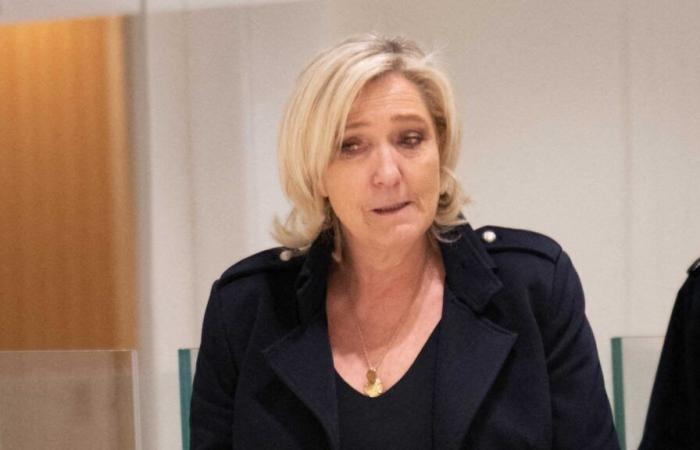
This Wednesday, November 13, 2024, the French political scene was shaken by a new legal decision.
The Paris prosecutor’s office has in fact requested a sentence of ineligibility against Marine Le Pen, a sanction which could have serious consequences on her future political ambitions.
By opting for a provisional execution of this sentence, the prosecution thus intends prevent the elected representative of the National Rally from running in any electioneven if she decides to appeal.
This request quickly caused several political figures to react, including the former Minister of the Interior, Gérald Darmanin.
Unexpected support for Marine Le Pen
On social networks, the latter was quick to express his indignation at this decision. For him, “it would be deeply shocking if Marine Le Pen were deemed ineligible and, thus, unable to stand before the vote of the French“.
“Fighting Madame Le Pen is done at the ballot box, not elsewhere“, he added. And continued: “If the court judges that she must be condemned, she cannot be sentenced electorally, without the expression of the People. Let’s not be afraid of democracy and let’s avoid widening, even further, the difference between the “elites” and the immense majority of our fellow citizens“. A clear opinion which unleashed passions.
Angry Internet users
“A former Minister of the Interior should not say that. No one is above the law, neither minister nor presidential candidate. If Marine Le Pen is found guilty of the charges against her, her place is in prison. Not at the Elysée“, an Internet user on X (formerly Twitter) was indignant.”I don’t agree with you! She is not above the law, and the charges are serious! Others were ineligible for less than that!“, indicated another. And a third added: “So you’re telling us that a person who would be convicted of stealing people’s money could run for office in peace? Ah OK ! With such reasoning, it is no surprise that people involved in cases of sexual violence can be ministers!“
In addition to this penalty of ineligibility, the prosecution requested five years in prisonincluding two years of convertible farms, as well asa fine of 300,000 euros.





